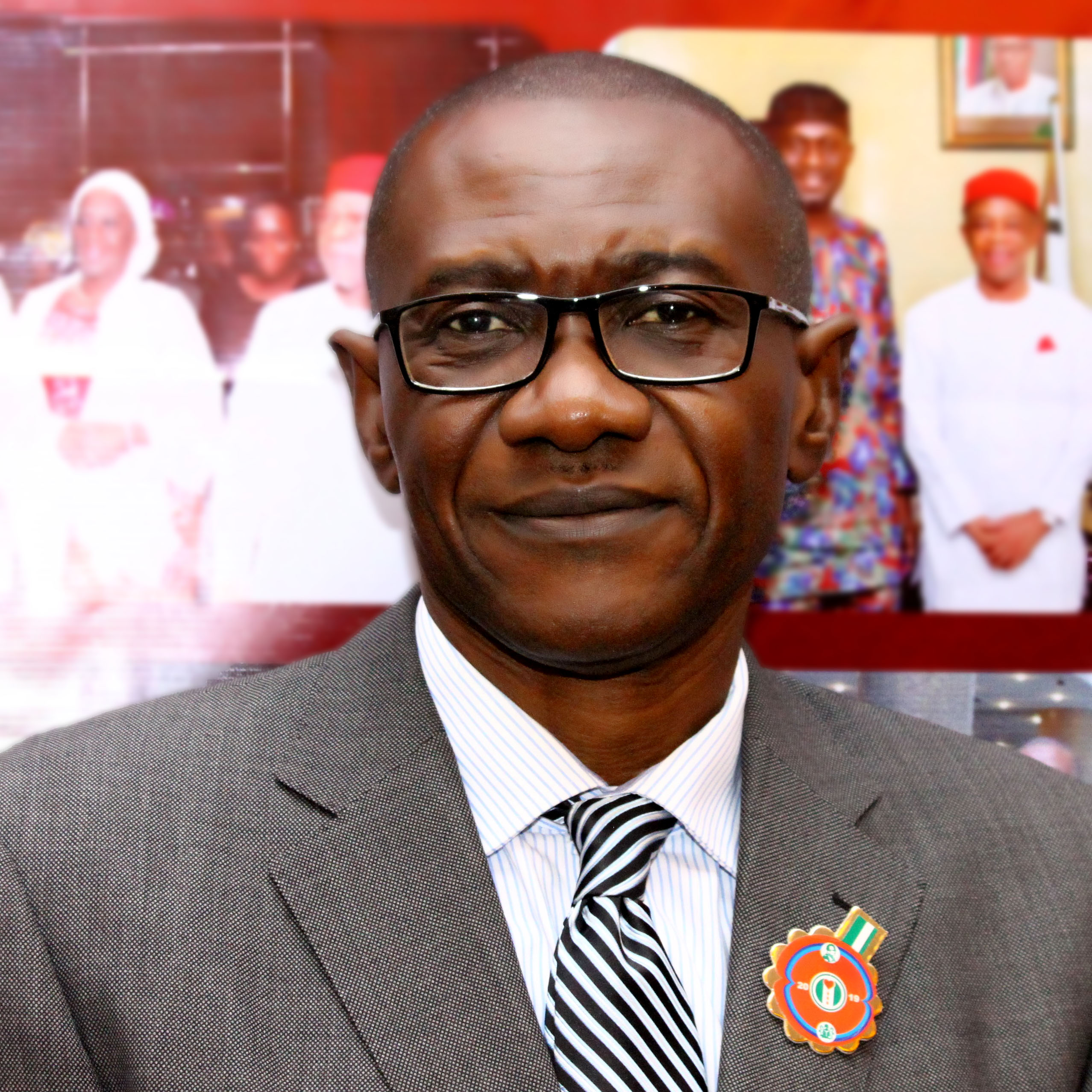Managing Director SKG Pharma Limited Dr. Okechukwu Akpa has reiterated that with strong political will and commitment medicines can be produced and exported from Africa.
He made the reiteration in his keynote address on ‘Medicine Security in The West African Region- Matters Arising’ at the 34th annual general meeting and scientific symposium of the West African Postgraduate College of Pharmacists in collaboration with the Pharmaceutical Society of Nigeria.
Akpa who has served as a Council Member of some key agencies that are responsible for policies and regulation development of the pharmaceutical industry in Nigeria, said “African leaders must say medicines will be made in our countries and regions”.
According to him a supply of medicine should not largely depend on importation.
“Supply of medicines to West Africa is largely dependent on importation. It is estimated on average that only 30% of the medicine supply in West Africa is from local production while 70% of the supply is imported. Though these figures may vary in some countries within the region, where local production has grown in the last fifteen years or more such as Nigeria, Ghana Cote D’Ivoire, and Senegal; an import dependency level of 70% in the region is a real danger to the population of the region”.
“The starting point and perhaps the most crucial factor in growing local pharma manufacturing is political will and commitment of the governments of the member states and the regional body ECOWAS. Whilst the investment and the driving of industry remain private sector-led and based, the government has key roles to play through the right policies, and incentives. The main force that drove the growth of local industries in countries that dominate the pharma space today is political will and commitment. In this regard, India, China, Pakistan, and Brazil come to mind.
The more recent cases of Indonesia, Malesia, Vietnam and Bangladesh show what can be achieved with the right political commitment. Governments in the regions need to demonstrate political will and commitment to prioritize the local pharma industry, create an enabling environment for the industry, and give it the necessary support. The outcome would be a strong local pharma industry that will not only provide medicine security in the region but drive economic growth as well”.
Also addressing the issue of regulations, Dr. Akpa said it is commendable that more regulatory agencies are been established across Africa.
“The often-cited regulatory challenges are improving across the region. More National Regulatory Authorities (NRAs) are being established and some of the NRAs are actually getting stronger. For example, both the Ghana Food and Drug Authority (Ghana FDA) and the National Agency for Food and Drug Administration and Control (NAFDAC) of Nigeria have now attained the very important WHO Maturity Level 3 (ML3) as medicine regulatory agencies. These achievements by both NRAs mean that they both have increased capacity to play their roles as regulators in the manufacturing and importation of medicines and vaccines as the case may be”.
“Also, the WAHO West African Medicines Regulation Harmonization (WA-MRH) and the African Union (AU) African Medicines Regulation Harmonization (AMRH) are all geared towards improving access to quality, safe and effective medicines in the region and on the continent”.
Meanwhile, in her own goodwill message, the Director-General, National Agency for Food and Drug Administration and Control (NAFDAC) Prof. Mojisola Adeyeye, said the most important mandate of any regulatory body is to safeguard the health of its citizenry through medicines security.
“Every community needs medicine availability, accessibility, and acceptability, as the agency is ready to ensure quality, safe and efficacious medicines are produced by facilities that meet the right standards and that the integrity of such medicines is not compromised during distribution along the supply chain from the manufacturers down to the end-users”.
Other distinguished guests at the event are the Minister of Health, Dr. Osagie Ehanire, Lagos state Governor, Babajide Sanwolu, and Lagos State Commissioner for Health. Akin Abayomi, Chairman Access Bank, Dr. Ajoritsedere Awosika, and Former Minister of the Health Federal Republic of Nigeria, Prince Julius Adelusi-Adeluyi.









